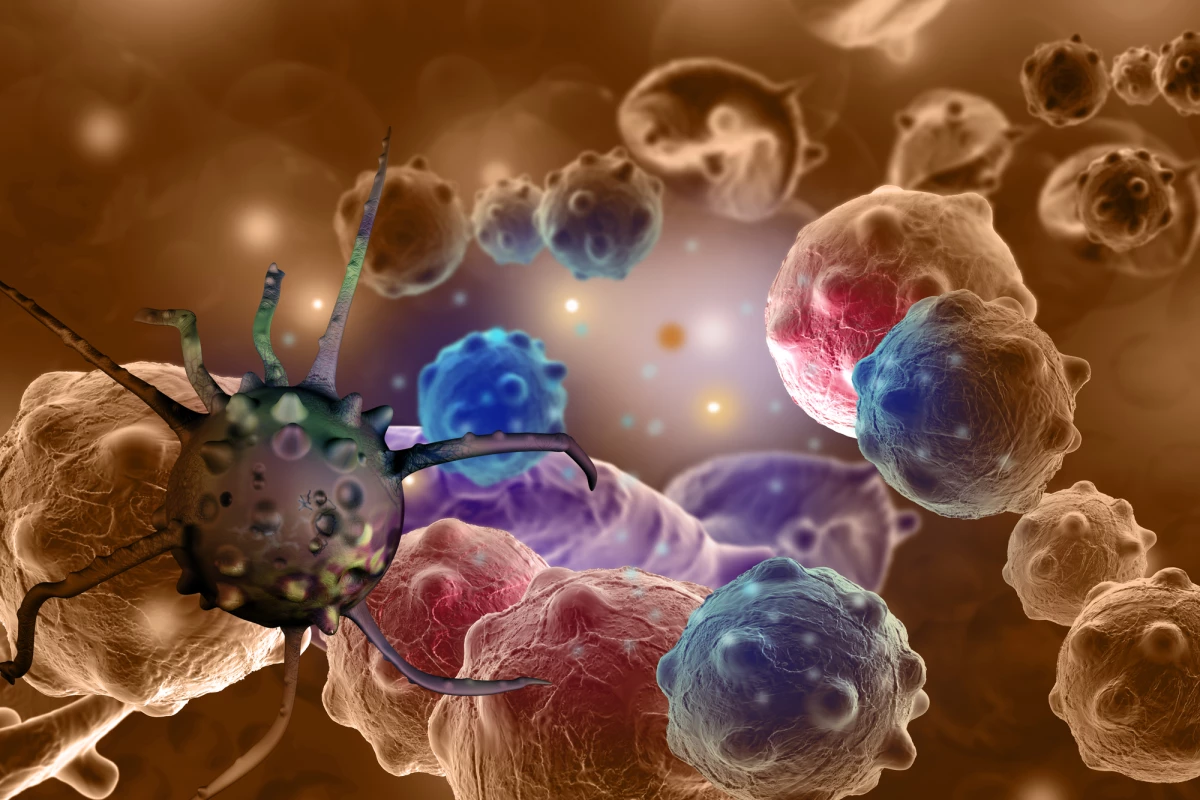Immunotherapy is an arm of cancer treatment that seeks to supercharge the body’s immune system to kill off cells and tumors, and scientists are continually finding new ways to leverage our natural defenses against the disease. The latest breakthrough comes from scientists at the University of Texas Southwestern Medical Center, who have combined three immunotherapy agents in mice with brain cancer to achieve impressive results that they liken to long-term remission in human patients.
The UT Southwestern researchers were working to improve therapies for a deadly and common form of brain cancer called glioblastoma, which carries an average survival of just 15 months following diagnosis. One of the characteristics of this cancer, and one the researchers sought to exploit, is elevated levels of a protein called CD47 that present on the tumor cell surface.
This protein is vital to the cancer’s ability to evade the immune system, acting as a kind of “don’t eat me” signal. This undermines one of the key functions of the immune system, which is to scan the body for dangerous invaders, like bacteria of cancer cells, and gobble them up.
Drugs are under development to block the action of CD47 and clear the way for the immune system to eat up the cancer cells, but these have proven lackluster against solid tumors. In Petri dishes, the researchers tested proteins called CD47 monoclonal antibodies, which bind to and mask the CD47 protein. While this did increase the consumption of the glioblastoma cells by immune cells called phagocytes, the results were “nothing to brag about.”
In another round of experiments, the team sought to boost the “eat me” signal through a decade-old drug called temozolomide, which is an agent that forms a common part of most glioblastoma treatment plans. It works by upping the stress response in the cancer cells so the immune system better recognizes and eliminates them, though these tests again produced mediocre results.
The researchers then tested the two drugs in combination, suspecting that because they work via different mechanisms, using them in tandem could generate a stronger response. These suspicions proved to be on the money, with the one-two punch leading the immune cells to eat up far more glioblastoma cells. In addition, the researchers found that this had lingering effects after the treatment, with the immune cells relaying signals to T cells, another type of immune cell, to continue the feast, killing off even more glioblastoma cells.
In follow-up experiments in mice, however, the researchers hit a roadblock. While the combination therapy shrank brain tumors and extended their lives, the tumor cells adapted over time and devised a new way to shield themselves from the immune attacks. By adding a new antibody, called anti-PD-1, the researchers were able to penetrate this newfound defense and continue killing off the cancer cells.
This three-part combination proved to dramatically extend the survival of the mice, with 55 percent of the animals treated in this way actually going on to survive for the duration of the study. The researchers say this is akin to long-term remission in human patients, and has them hopeful of conducting clinical trials soon to explore its potential in this regard.
“If a new therapy extends survival by even one to two months, it’s considered a blockbuster drug,” says Wen Jiang, who led the study. “Here, we’re talking potentially about a significant proportion of patients who could be cured. Bridging the innate and adaptive immune systems could prove to be a major advance for GBM.”
The research was published in the journal Nature Communications.
Source: UT Southwestern




